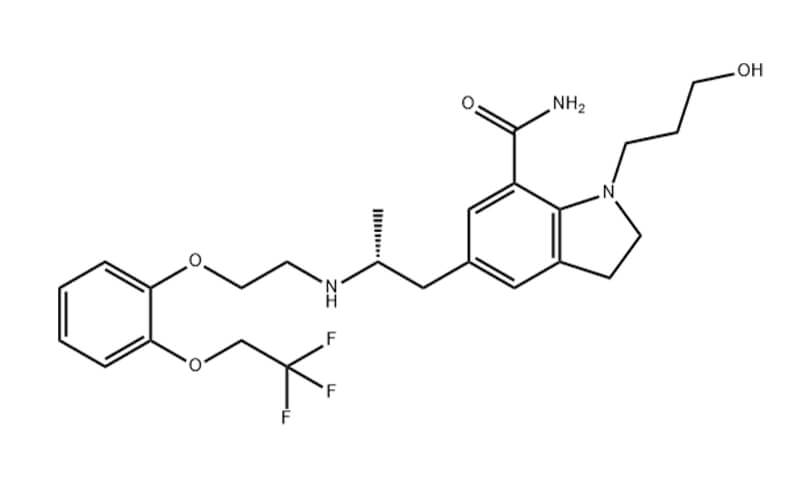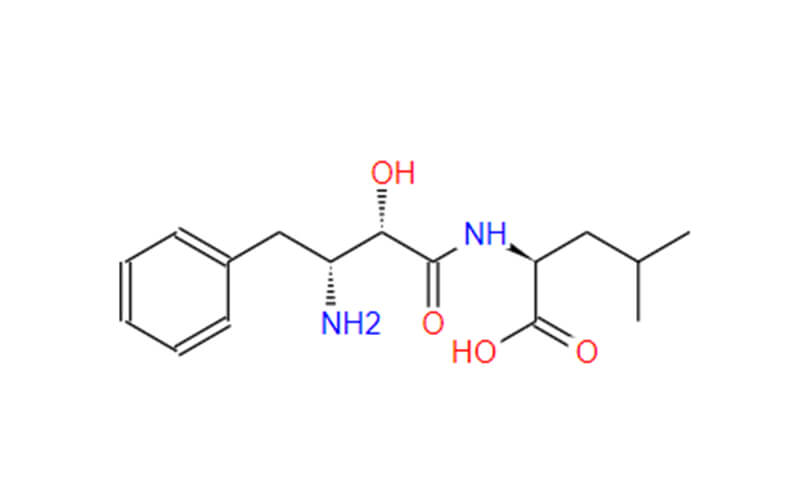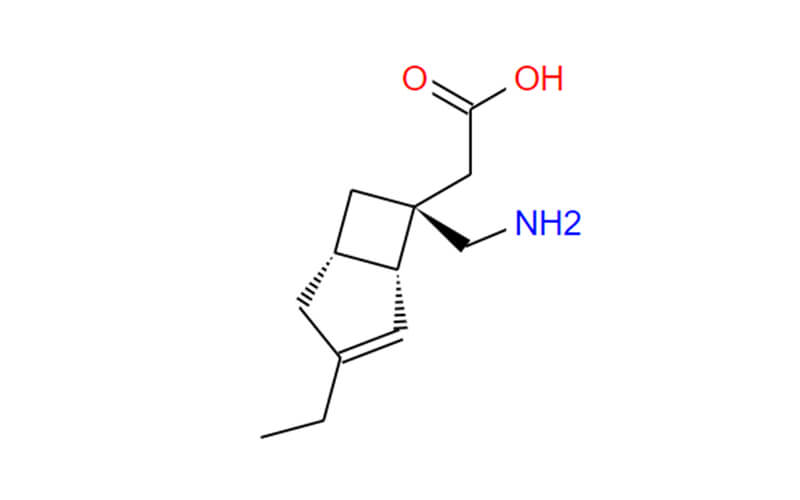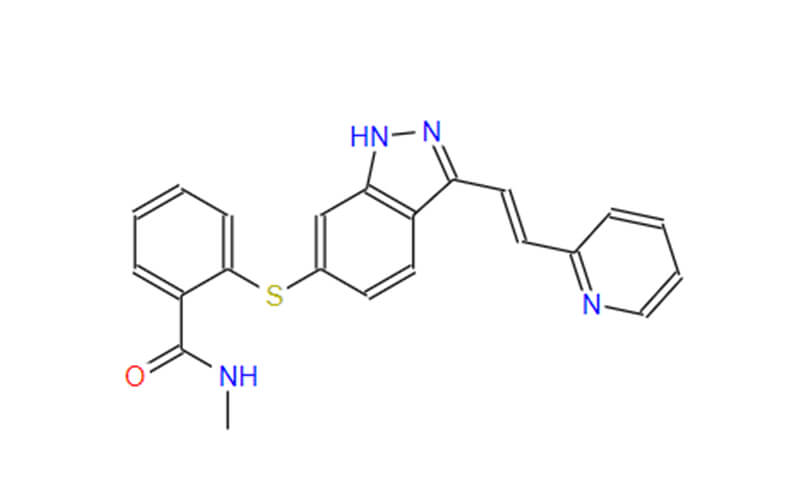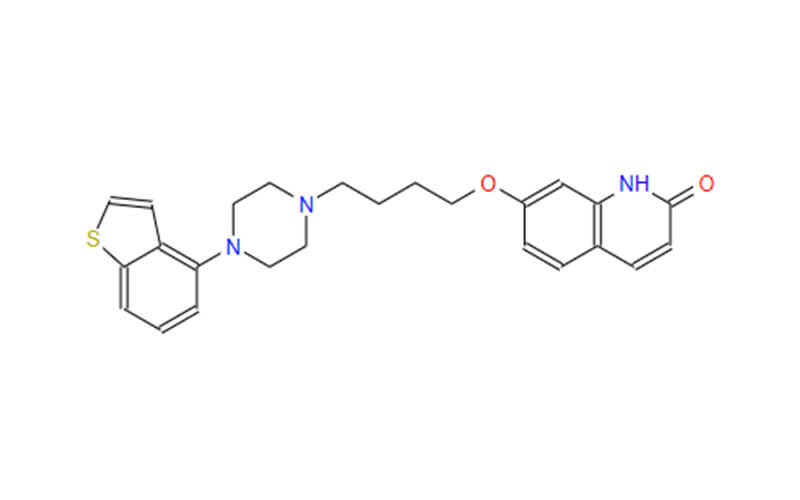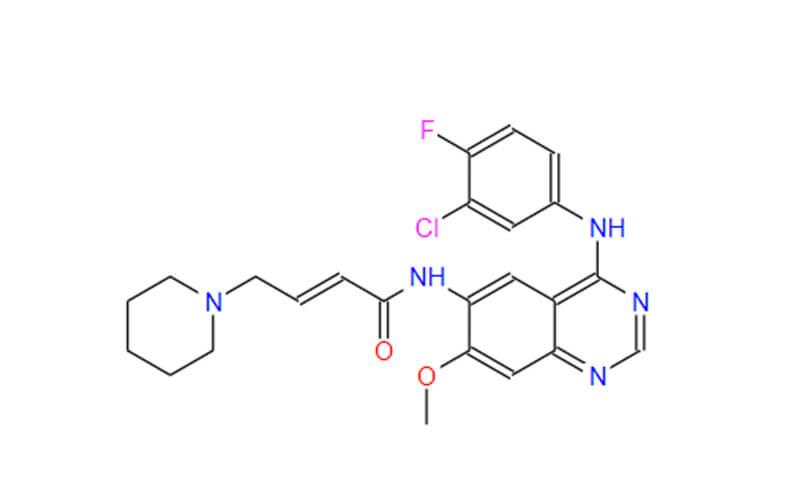What is the Role of Bisoprolol in Cardiovascular Health?
Cardiovascular diseases continue to be a major global health concern, contributing significantly to mortality rates. Conditions such as high blood pressure, heart failure, angina, and arrhythmias pose substantial threats to heart health. In the pursuit of effective management for these cardiovascular challenges, a class of medications referred to as beta-blockers has risen to prominence as an invaluable resource. Among these medications, bisoprolol has established itself as a steadfast partner in the ongoing battle against cardiovascular disorders. It’s available under different brand names, including Zebeta and Bisocard.
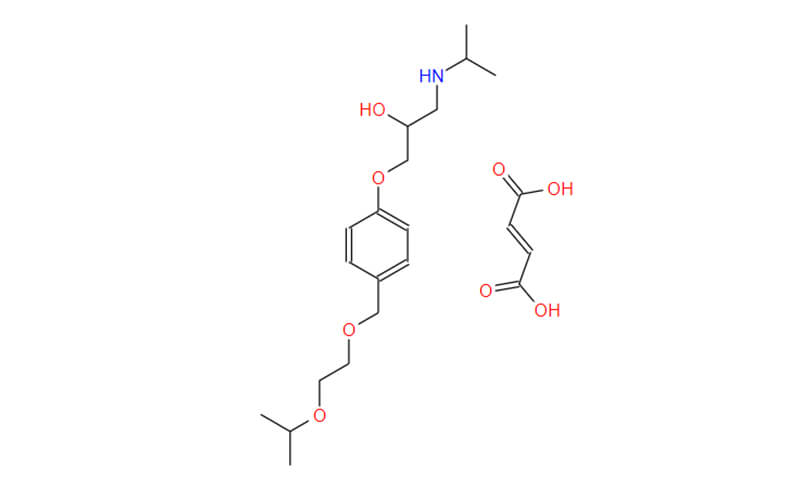
Science of Bisoprolol
Bisoprolol exerts its influence at a foundational level, altering the heart’s response to stress hormones, with a particular focus on adrenaline. This modification is achieved through the selective blockade of beta-adrenergic receptors, notably the beta-1 receptors predominantly located in the heart. This precise targeting yields several notable consequences:
- Lowering Blood Pressure
Bisoprolol is one of its primary applications in the management of hypertension, commonly referred to as high blood pressure. Elevated force or rate of heart contractions can lead to an increase in blood pressure. Bisoprolol mitigates this by diminishing both the strength of cardiac contractions and heart rate, resulting in a notable reduction in blood pressure. Consequently, it has gained popularity as a preferred choice for individuals grappling with hypertension.
- Heart Rate Regulation
Bisoprolol plays a pivotal role in the regulation of irregular heart rhythms, restoring stability to the heart’s electrical activity. Irregular heart rhythms, also known as arrhythmias, have the potential to disrupt the heart’s normal function and trigger complications. Bisoprolol serves as a valuable tool in the restoration and maintenance of a steady heart rate.
- Enhancing Oxygen Supply
For individuals contending with angina, a condition characterized by chest pain stemming from restricted blood flow to the heart muscle, bisoprolol offers significant relief. By reducing the heart’s workload, bisoprolol lessens the demand for oxygen. Consequently, it bolsters the heart’s oxygen supply and alleviates discomfort, enabling those affected by angina to lead a more comfortable and fulfilling life.
Indications of Bisoprolol
Bisoprolol is prescribed for a range of heart-related conditions:
- Hypertension
High blood pressure is a widespread condition that increases the risk of heart disease and stroke. Bisoprolol effectively lowers blood pressure, reducing these risks. It can be used as a standalone treatment or in combination with other antihypertensive medications, depending on the individual’s needs.
- Congestive Heart Failure (CHF)
Bisoprolol has shown remarkable benefits in managing CHF. This condition occurs when the heart’s pumping ability is weakened, leading to symptoms such as shortness of breath, fatigue, and swelling in the legs and ankles. Bisoprolol enhances heart function, reduces symptoms, and extends life expectancy in individuals with CHF.
- Angina
Angina is a condition characterized by chest pain or discomfort due to reduced blood flow to the heart muscle. Bisoprolol can alleviate these symptoms by reducing the heart’s oxygen demand, making it a valuable treatment option for individuals with angina.
- Arrhythmias
Certain types of arrhythmias, such as atrial fibrillation, can be controlled with bisoprolol to maintain a regular heart rhythm. By reducing the heart’s response to stress hormones, bisoprolol can help stabilize the electrical activity of the heart.
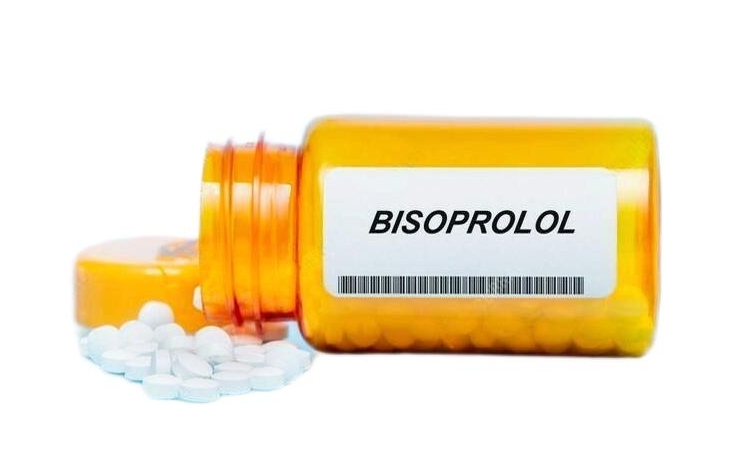
Safety Considerations and Potential Side Effects of Bisoprolol
As with all medications, bisoprolol carries the potential for side effects, although their occurrence can vary from person to person. Common side effects that some individuals may encounter include:
- Fatigue: Bisoprolol might lead to sensations of tiredness or drowsiness in certain individuals.
- Dizziness: Bisoprolol can induce dizziness, especially when transitioning from sitting or lying down to standing. This effect is a result of its blood pressure-lowering properties.
- Slow Heart Rate (Bradycardia): Bisoprolol’s ability to reduce heart rate is a desired outcome in specific medical conditions. However, excessively slow heart rates can result in symptoms like fainting or fatigue.
- Cold Extremities: Some individuals may observe that their hands and feet feel cooler than usual while using bisoprolol.
It’s important to emphasize that not everyone will experience these side effects, and many individuals tolerate bisoprolol without any significant issues. In rare instances, more severe reactions, such as allergic responses, worsening of heart failure symptoms, or heart block, may occur. Therefore, patients should promptly inform their healthcare provider of any unusual symptoms or side effects.
Patients who are prescribed bisoprolol should maintain close communication with their healthcare provider. Regular monitoring of the medication’s effects and the potential need for adjustments to dosage or treatment plans can help ensure both the medication’s effectiveness and the patient’s well-being.
The Evolving Role of Bisoprolol in Cardiovascular Medicine
As medical research and technology advance, the role of bisoprolol and similar medications in cardiovascular medicine continues to evolve. Here are some noteworthy developments and ongoing research areas:
- Combination Therapies: Researchers are exploring the effectiveness of combining bisoprolol with other cardiovascular medications to achieve better treatment outcomes.
- Individualized Medicine: The concept of personalized or precision medicine is gaining traction in the treatment of cardiovascular conditions. Tailoring medication regimens, including bisoprolol, to an individual’s unique genetic and medical profile holds promise for more effective treatments with fewer side effects.
- Telemedicine and Remote Monitoring: The use of telemedicine and remote monitoring technologies allows healthcare providers to monitor patients more closely, ensuring that medications like bisoprolol are optimized for each individual’s needs.
- Emerging Treatments: Ongoing research is focused on developing new treatments for cardiovascular diseases, potentially reducing the need for some traditional medications like bisoprolol in the future.

Qingmu Pharmaceutical: A Leading Bisoprolol Manufacturer in China
Sichuan Qingmu Pharmaceutical Co., Ltd. is a prominent pharmaceutical company known for its contributions to the production of Active Pharmaceutical Ingredients (APIs). APIs are the essential compounds responsible for the therapeutic effects of medications, making them a critical element in the pharmaceutical industry. Qingmu is a leading bisoprolol Manufacturer and supplier in China.
The production of high-quality APIs like Bisoprolol by companies like Qingmu is vital in ensuring the availability of effective and reliable medications to address the healthcare needs of individuals worldwide. Simultaneously, the company’s dedication to pharmaceutical excellence and strict adherence to quality standards extends to the production of veterinary APIs. These veterinary APIs are equally crucial, as they contribute to the development of safe and effective medications for animals, ultimately enhancing the health and well-being of our animal companions.
Through their commitment to pharmaceutical excellence and adherence to rigorous quality standards, companies like Qingmu. contribute significantly to advancements in healthcare, ultimately improving the well-being and quality of life for countless patients relying on these essential medications.

Conclusion
Bisoprolol has emerged as a powerful tool in the management of various heart-related conditions, offering hope, improved quality of life, and extended lifespans to countless individuals. Its ability to regulate heart rate, reduce blood pressure, stabilize heart rhythms, and alleviate symptoms such as chest pain makes it a vital component of modern cardiovascular medicine.
With ongoing research, Bisoprolol, along with other medications and therapies, will continue to play a pivotal role in this evolving landscape of cardiovascular healthcare.
Qingmu Pharmaceutical stands at the forefront of the Chinese pharmaceutical industry. At the core of its mission, Qingmu is dedicated to delivering top-tier Bisoprolol API to its clientele, marked by uncompromising quality and competitive pricing.

